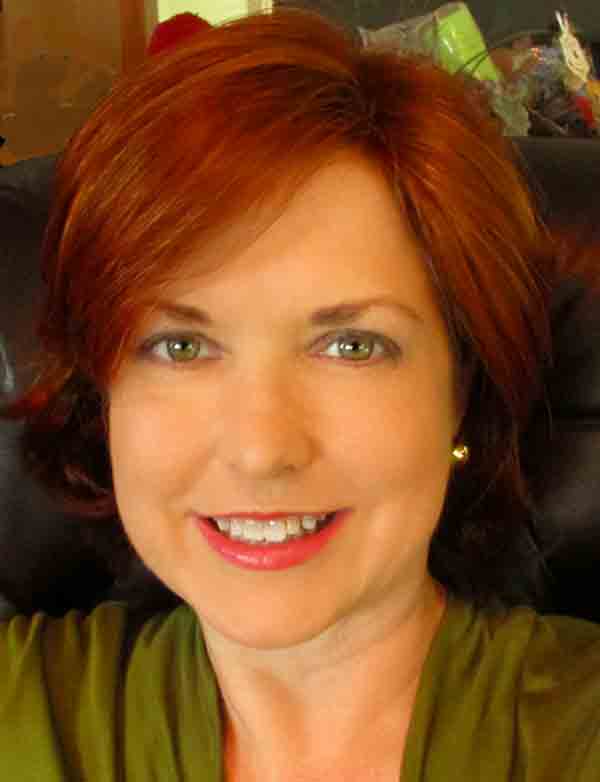I have a writing friend who always reminds me that I’m not normal. I’m not insulted by it because it’s the truth. If you’ve been to any writing conferences, you’ve probably heard the phrase, too. In fact, if you’re reading this, you’re probably not normal either. But don’t worry, that’s a good thing.
There have been studies that show that writers and other creative people view the world a little differently. Yes, we can be odd. We eavesdrop at restaurants. We carry notepads (or notepad apps) with us wherever we go. We may even keep a pen by the bed in case we figure out how to resolve that scene that’s been driving us crazy.
But I think being creative is a good thing, so I did a little bit of light research and found these interesting tidbits.
Just look at synonyms for the word, creative:
- innovative
- original
- inventive
- ingenious
- imaginative
- artistic
Aren’t those great adjectives? You can call me anything from that list and I wouldn’t mind.
People are fascinated by creative people. The Internet is full of studies about us. Some say we’re geniuses. Some suggested that we shared certain characteristics, such as:
- As children, we enjoy playing with dolls or action figures. As adults, writers often combine work and play.
- Did you stare out the window as a child? Is daydreaming still part of your process?
- Being solitary. The creative mind needs to be alone to refuel.
Sound familiar?
Then there were the studies that suggested the line between creative and eccentric was very thin. Just take a look at these and see where you stand on the creative – eccentric continuum:
- Artist Maurice Sendak (Where the Wild Things Are) needed background music to create.
- Color is also important. Alexandre Dumas separated his work by color: blue for fiction, yellow for poetry, and pink for articles. Lewis Carroll and Virginia Woolf had a penchant for purple. Charles Dickens used blue ink, not for the color but because it dried faster. He didn’t like using a blotter. (Aren’t you glad we don’t have to mess with that?)
- Many had pets. Edgar Allen Poe, Ernest Hemingway and Raymond Chandler had cats; Collette had a dog, while Flannery O’Connor had a favorite chicken.
- Many geniuses were early risers. Both Jack London and John Milton got up very early to write before their days began.
- Finally, geniuses were insecure, too. Both Harper Lee and Stephen King threw away their first novels (To Kill a Mockingbird and Carrie, respectively). Thankfully, someone convinced both to retrieve the manuscripts!
Don’t you love learning about these eccentricities?
I do. They make me feel . . . normal.
~*~
Angie is represented by Joyce Hart of Hartline Literary Agency. She’s working on a novel set in a small Southern town. She and her husband live in a big wood outside a small town in South Carolina. She would love for you to visit her, at angelaarndt.com.
